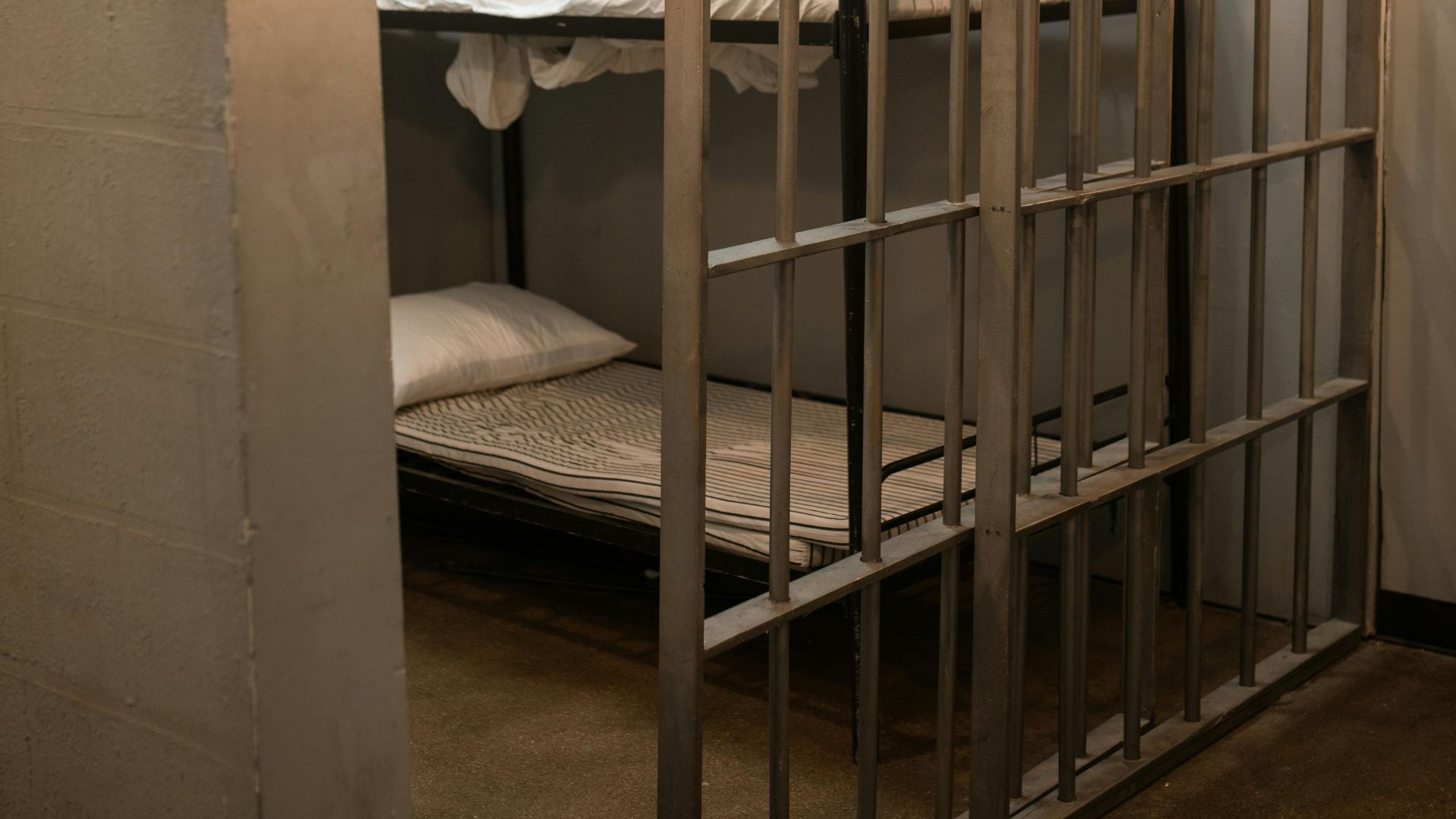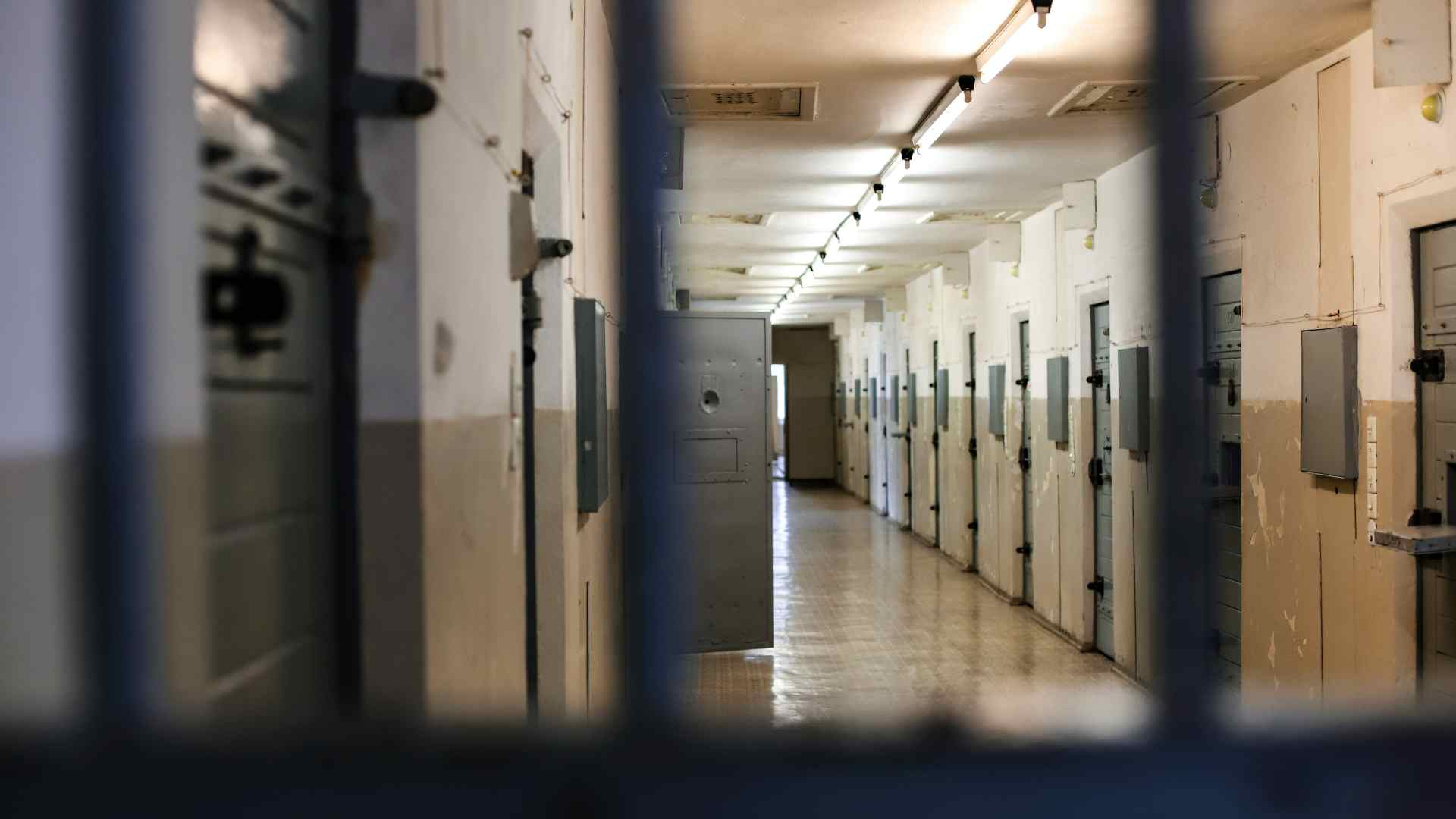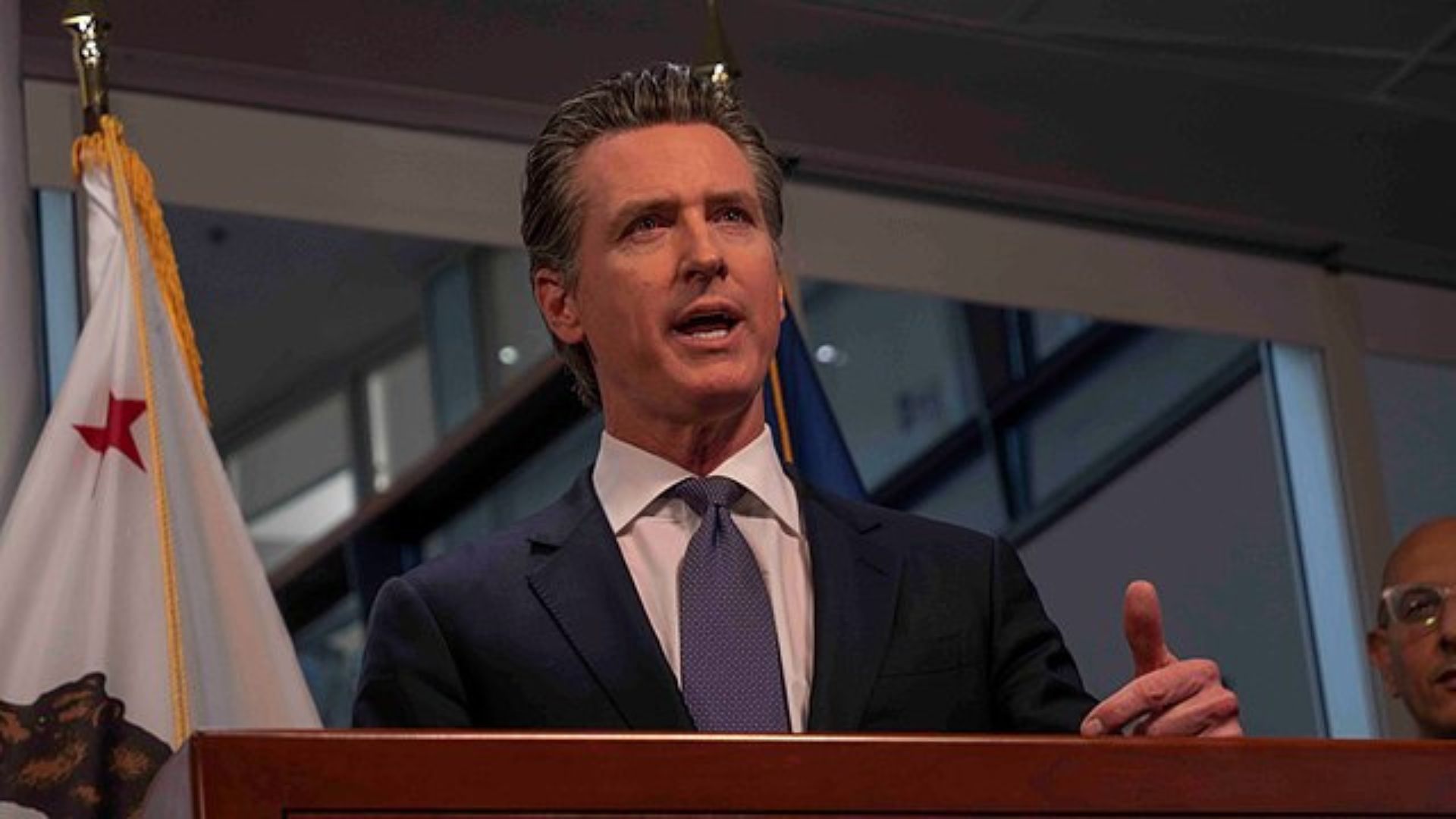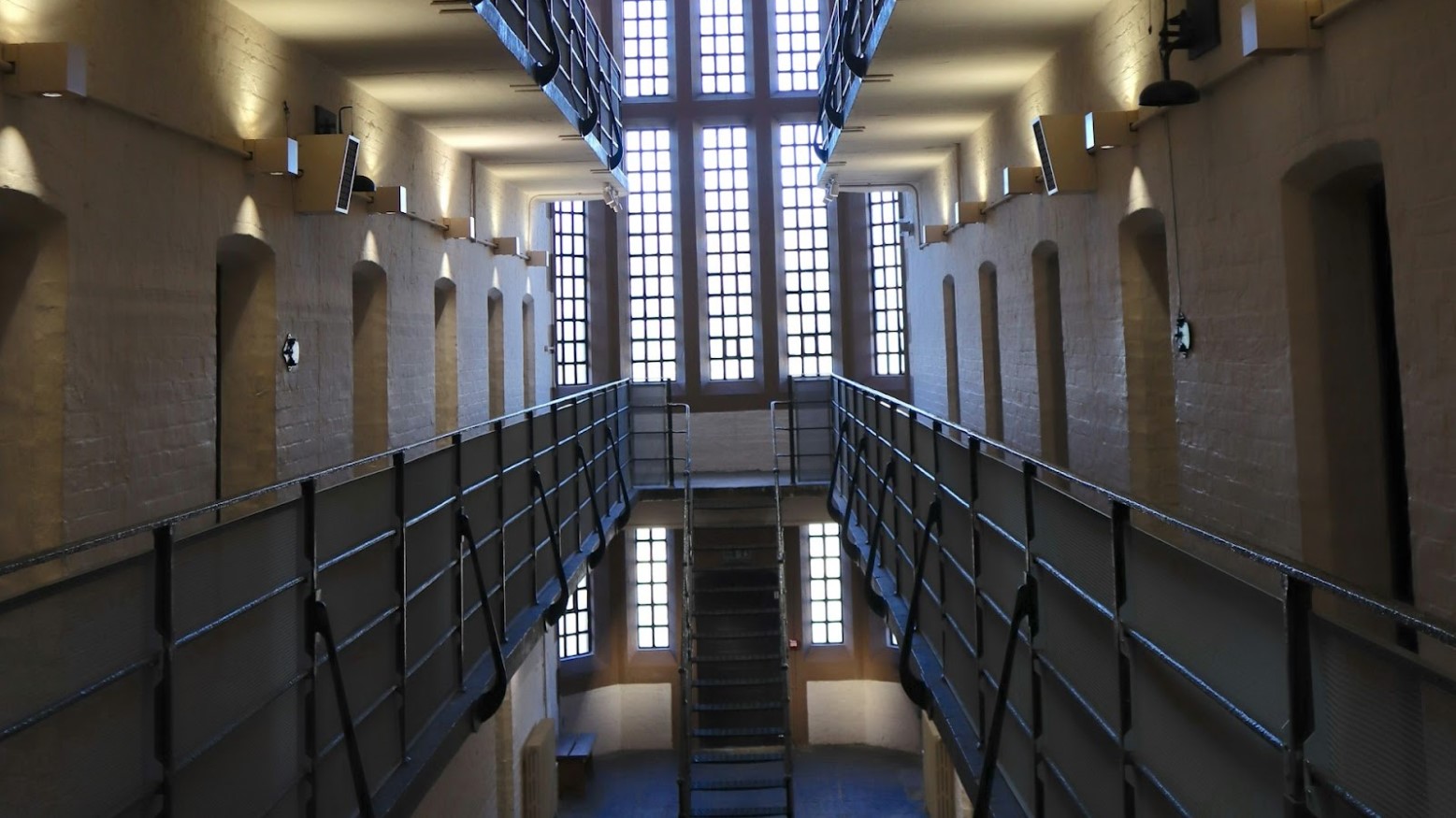On Thursday, California’s state legislature approved a proposed amendment to the state’s constitution that would eliminate the exemption on involuntary servitude under the law for forced prison labor.
With this approval, the constitutional amendment will appear on the ballot in November for voters to decide on. The amendment proposal passed overwhelmingly in the Senate with only a few Republican dissenters before being approved in the State Assembly.
Proposed Amendment

In California’s constitution, there is a prohibition on slavery and involuntary servitude under the law that bans the ability of anyone to make someone provide forced labor. However, there is an exemption made for people who are being forced to work as punishment for a crime.
This new amendment would change the state constitution to say that “slavery and involuntary servitude are prohibited,” effectively banning the practice of forcing prisoners to perform labor while serving time.
Why Ban Prison Labor?

Proponents of the amendment proposal feel that the state exploits prisoners unfairly for their work, and brings up the dismal compensation rates for prisoners doing intense physical labor like yardwork, fighting fires, and cleaning up the state.
Most prisoners earn less than $1 an hour while being forced to perform these laborious tasks.
Raising Wages

Last year, the California Department of Corrections and Rehabilitation (CDCR) doubled the minimum earning rate from 8 cents an hour to 16 cents an hour, with a maximum of 74 cents an hour earned based on skill level. Some jobs like firefighting are compensated at a rate between $5.80 and $10.24 per day. The move also cut the required working hours for prisoners in half.
“New wages will also help workers meet restitution payments for crime victims and save more money in preparation for release,” said CDCR spokesperson Tessa Outhys in a statement. “In addition to a paycheck, work assignments build technical and social skills, instill accountability and responsibility, and prepare incarcerated people for careers after release.”
Not Enough

While prisoners effectively received a pay raise for their work just last year, some felt that it wasn’t enough to set the prisoners up for success and advocates pushed for better conditions. Advocates of prison rights have been trying to get the wage closer to the state minimum wage of $16 per hour.
“By paying people a slave wage right now, they are all but ensuring that people are going to end up in poverty once they leave custody,” said Prison Law Office attorney Jacob Hutt.
New Proposal

Given a continued push for improved conditions, lawmakers hope this new proposal can restore dignity to those who are rehabilitating behind prison bars.
“Incarcerated people’s relationship to work should not be one of exploitation and little-to-no agency,” said Democratic Assemblymember Lori Wilson, who authored the amendment proposal. “Let us take this step to restore some dignity and humanity and prioritize rehabilitative services for the often-forgotten individuals behind bars.”
Long Legacy of Servitude

State Senator Steven Bradford lamented California’s past of forced labor and expressed a desire with this amendment proposal to end the lingering stain on the state’s history.
“Today, we have the opportunity to take a step in the right direction towards ending that legacy,” said Bradford.
Previous Opposition

While the measure passed this time, a similar proposal in the state Senate was rejected back in 2022. At the time Governor Gavin Newsom opposed ending the forced servitude because it would require the state to pay people at the state minimum wage of $15 an hour.
Newsom’s administration argued that such a move could cost taxpayers billions of dollars to compensate prisoners for their work for the state.
How Much Would It Cost To End Forced Prison Labor?

An analysis by the California Finance Department in 2022 estimated that it would cost taxpayers $1.5 billion to pay people the minimum wage for prison jobs.
This number will likely have increased today since the minimum wage in California moved from $15 an hour to $16 an hour.
Supporters and Activists

Supporters of the amendment and racial justice activists are framing the proposal as an anti-slavery measure that seeks to address a disproportionate amount of black and brown residents forced to work in prisons for little pay.
An analysis by the Public Policy Institute of California found that the incarceration rate for Black men is ten times the level of White men in the state. A report by the California Budget and Policy Center found that in 2018, Black men comprised 28% of the state’s prison population.
Forced Work

The state Senate heard testimony from the experiences of those who have been forced to labor for the state in the process of approving the amendment proposal.
“I have been forced to work jobs and had jobs where I couldn’t get out,” Lawrence Cox, a policy fellow with the nonprofit Legal Services for Prisoners with Children, told a Senate committee on June 18. “When I wanted to take my on-site college courses to complete my degree, forced labor was prioritized over my rehabilitation.”
Exploiting Humans

In his testimony, Cox was critical of the Newsom administration for bringing up the costs of the proposal previously, insisting that no price is worth exploiting human beings in the way the state currently does.
“We knew that his administration last year came in last minute with a cost analysis that killed the bill. It should not have,” said Cox. “The idea that we would have to pay individuals should have never been any reason for us to not end slavery, because we should not be interested in exploiting human labor.”
